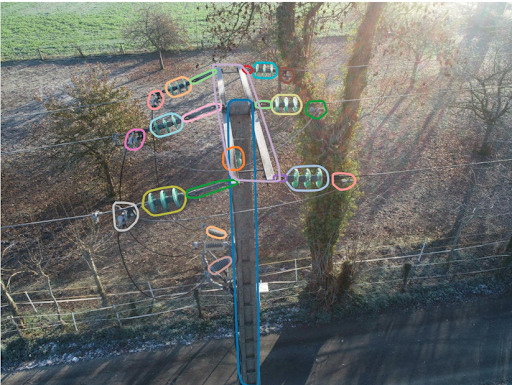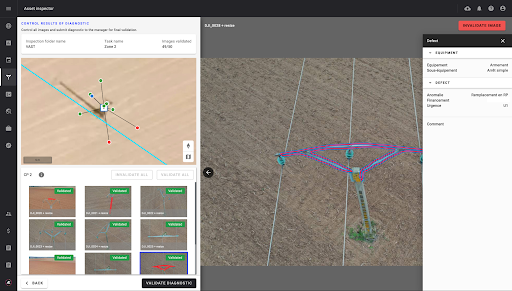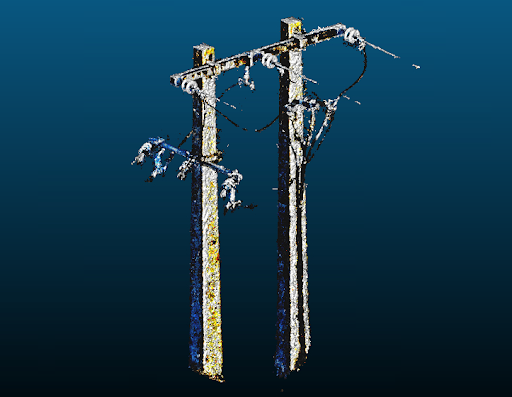
Enedis
Industry
Grid
Size
10,000+ employees
Revenue
15,000+ MEUR
Project overview
Optimizing grid lifecycle management with visual data and artificial intelligence
A significant portion of the 330,000 km of overhead lines operated by ENEDIS has been in place for three to four decades. Must they be entirely replaced, with the acute ecological impact that would entail?
Enedis is looking for the most responsible ways to extend the lifespan of its infrastructure by replacing only the components that warrant replacement.
In 2020, Enedis has decided to deploy artificial intelligence across its organization by leveraging the Æther AI platform. This partnership allows Enedis to accelerate its digital transformation with the systemic use of visual data and AI to verify operations of its medium voltage overhead network.
Results
How?One possibility is to use visual data and artificial intelligence, complementing
Enedis' expertise with partners like Alteia. Each year, 7,500 kilometers of power lines are modernized thanks to this eco-friendly smart-grid solution, replacing only 25% of equipment. Marianne Laigneau
Présidente du Directoire
Project highlights
A combination of high resolution imagery and GIS integration.
Instance segmentation at image level
Identify and separate individual objects within an image to reduce image complexity. Detection score of 85% to 97% precision and 85% to 96% recall for 13 classes of objects.

Image classification at equipment level
The model classifies each equipment in a binary manner (ok/ko) according to the anomaly classes defined for that specific equipment.

3D reconstruction leveraging NERF technology
NeRF uses deep learning to infer a continuous 3D representation of a scene from a set of 2D images and generates an implicit model instead of a traditional 3D model. The generated 3D model allows each image to be placed in its spatial context improving the analysis workflow.






